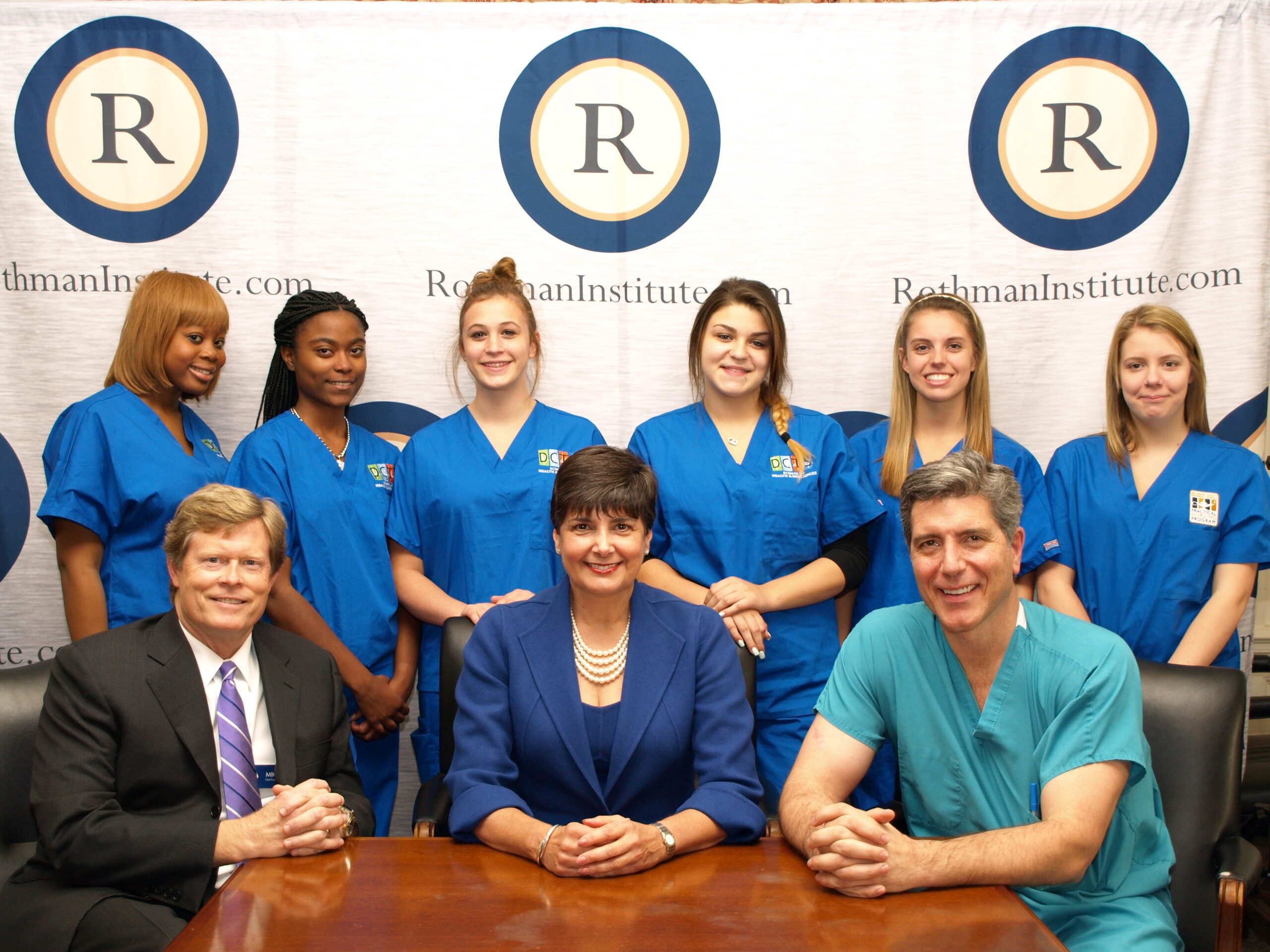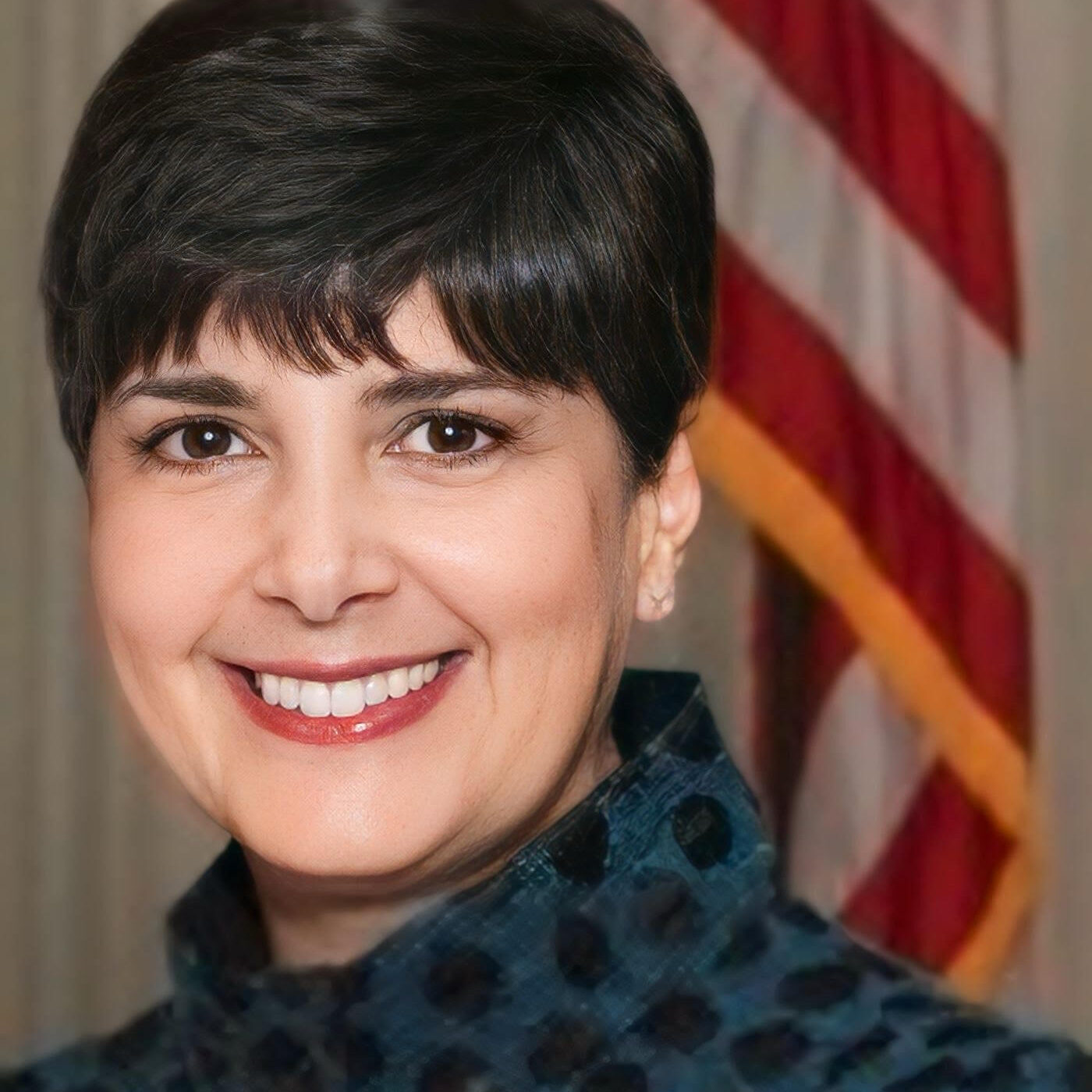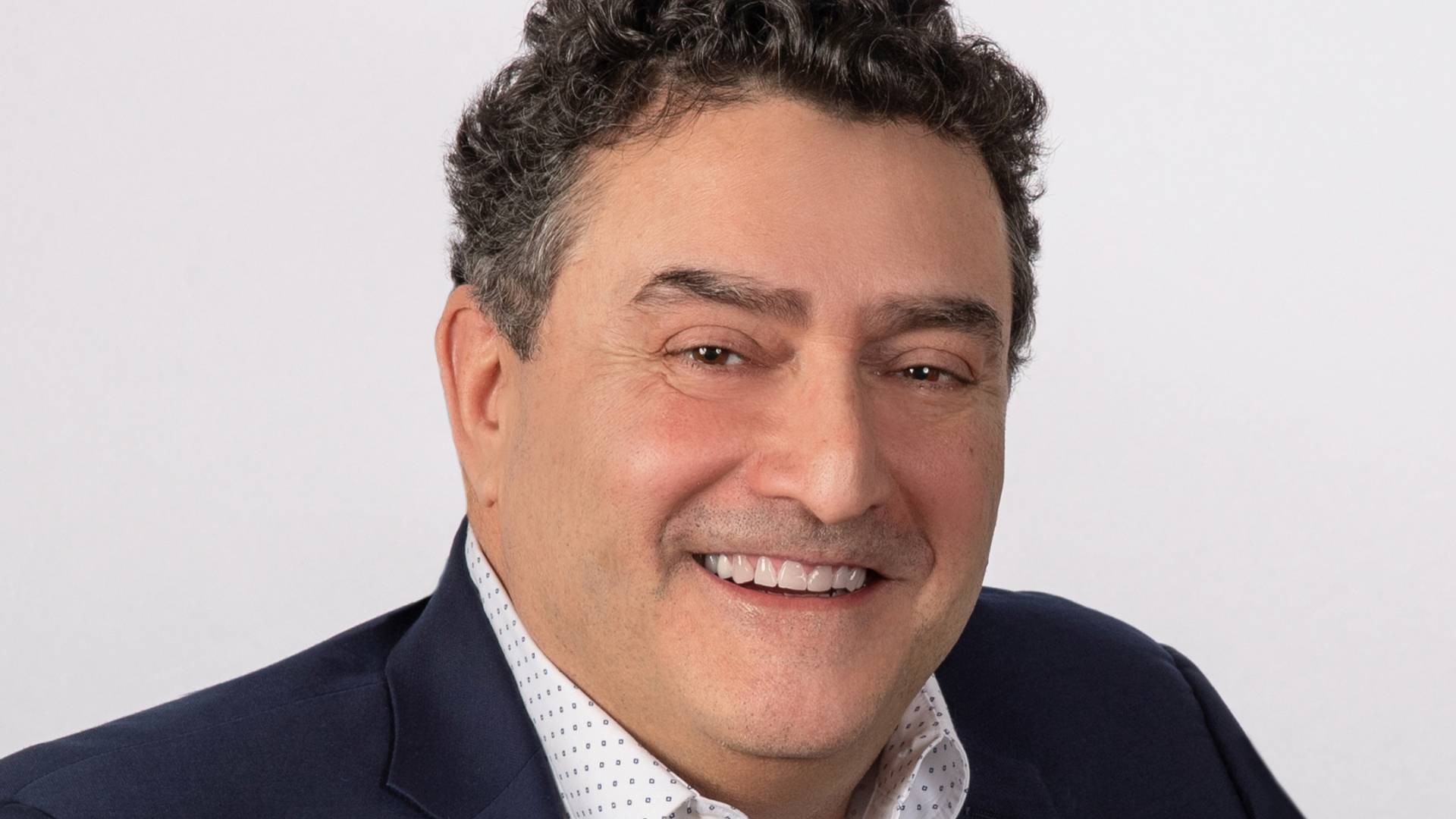Read Time: 7 minutes
Dale Keshishian, the visionary behind HealthWorks Academies, has spent her career finding creative solutions to the healthcare industry’s most pressing problems. From her early days as a dental hygienist to managing a medical practice, Dale’s path has been anything but conventional. Her turning point came when COVID-19 challenged her business model, prompting her to create a groundbreaking virtual platform that connects students with healthcare career opportunities. In this interview, Dale reflects on her personal journey, the importance of educational access, and the steps she’s taking to ensure that the next generation of healthcare professionals is well-prepared. Her insights provide invaluable advice for those looking to make a lasting impact in education and entrepreneurship.
It’s a pleasure to learn from your experiences, Dale. To kick things off, can you share your entrepreneurial journey and what inspired you to start HealthWorks Academies?
I began my career as a dental hygienist, married a physician, and moved to Philly from Boston for his internship and residency. When he purchased a 35-year-old medical practice, I stepped into the role of manager. I had to learn everything—from accounting and contracts to HR, technology, and more. I did that for 18 years.
I had the opportunity to do some transformational work with a global leadership development company to help craft a thoughtful pathway for my exit and then joined the organization with the goal of bringing transformational thinking to the healthcare industry. As I learned more about the healthcare industry broadly, the aging population, the aging of our workforce, the unsustainable rising cost of care, and the downward trend of students completing STEM majors in college, my question became: “Who is going to do the work?” in a $4 trillion industry where virtually everyone is a consumer. Is it education, government, or industry? I didn’t find any credible answers to develop a national talent pipeline connecting youth with industry and careers ranging from a high school diploma to graduate education, while informing students of careers they may never encounter. Everyone knows about doctors, nurses, dentists, EMTs, and phlebotomists, but when you ask high school students about health science careers, they typically respond with a very limited view of career options.
I thought I would start something, and “of course, someone was already doing this.” As I progressed, I figured I would just join them. That was over 10 years ago.
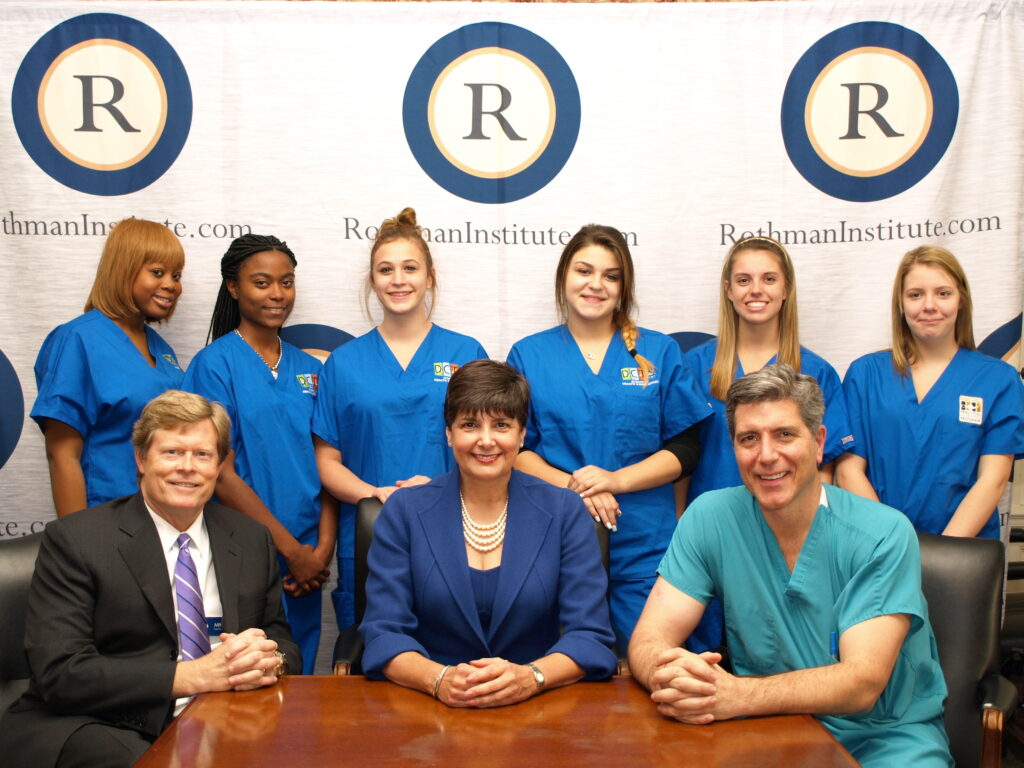
How has your personal background and experiences influenced your approach to entrepreneurship?
I have always worked. At the age of 10, I was the mother’s helper in our neighborhood. I worked at a hair salon, a psychologist’s office, and at the age of 15, as an orthodontic assistant, where they also trained me to run the in-house lab.
My role as manager in Internal Medicine was pivotal. I had to learn every aspect of managing the practice, and with no lateral cohort, I never considered that I knew enough. At one point, other physicians were calling me to ask how I was managing change, especially as HMO insurance plans emerged.
It’s clear that your early experiences played a big role in shaping your approach to business. With that foundation in mind, can you share a pivotal moment in your business that really changed the course of its trajectory?
Our model had been to inform and engage high school students in the health sciences by bringing them to on-site locations to job shadow and/or bringing professionals into the classroom in a series of career explorations across clinical medicine, biopharma, medical devices, healthcare technology, business and finance in healthcare, and behavioral health.
When COVID emerged, our model was no longer implementable. We could not bring students to companies, nor could we bring professionals to schools where students were learning remotely. I thought we were done.
At just the right time, an extraordinary group of women crafted a way forward.
An organization I belonged to, WCXO, is a group of women leaders who met in person monthly to network and hear from business leaders in very informative breakfast sessions.
As COVID erupted, it was decided that we would be meeting virtually, and instead of hosting speakers, we would hold “member spotlights” to help each other during this turbulent time—and Dale would go first! I was happy to share our mission but terribly uncertain because we had no viable business model. These extraordinary women rallied around this issue, and what emerged is a virtual, scalable model that makes it very easy for both schools and industry to connect, share careers and industry trends, and inform and engage students of all backgrounds with a vast network of career opportunities and pathways.
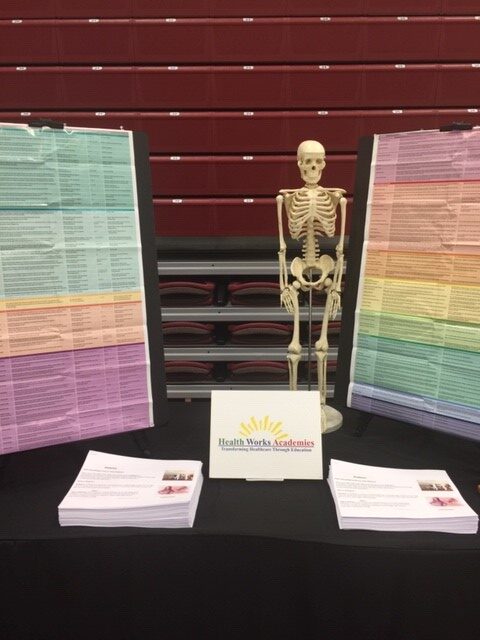
What strategies have you implemented to scale your business successfully?
Since we were able to leverage technology and provide our programs virtually, we have no limitations in reaching students or our industry partners geographically. We’ve had industry representation from professionals in Switzerland and our moderator from Tanzania!
In addition to high schools (public, private, charter, faith-based, and virtual), we now include youth organizations with college and career readiness mandates and help them implement their career awareness and pathway programs for students.
It sounds like leveraging technology has been key to scaling your business and reaching a wider audience. With such a broad approach, I’m curious—how do you apply your leadership style to motivate your team, especially when faced with challenges?
I like to look at HealthWorks Academies as a moonshot opportunity. I am a child of the 60s. We didn’t know how we would get a man on the moon, but we knew we would.
When we keep our “north star” in view, we work our program backward to create action steps and goals that are flexible enough to meet changing dynamics. We are in this for the long term. Everyone needs equitable access to healthcare. Innovation needs to continue.
The talent pipeline is imperative, but we need to start early.
You can’t plant the seed and eat the fruit on the same day.
As we wrap up the first part of our conversation with Dale Keshishian, it’s clear that her journey and vision for HealthWorks Academies are making a huge impact in the healthcare industry. From scaling her business to finding innovative solutions for students, Dale’s insights are not just inspiring—they’re a call to action for anyone looking to make a difference.
A big thank you to Dale for sharing her story with us. And be sure to come back next week for Part 2, where we’ll dive into topics like work-life balance, the legacy she hopes to leave, advice for her younger self, and her exciting vision for the future of HealthWorks Academies.
Listen to Dale’s episode on the Founders’ Forum Radio Show and Podcast:
Dale Keshishian
Founder & CEO, HealthWorks Academies
I believe the social determinants of health and education are deeply connected, and that true equity in healthcare starts by reimagining how we prepare and empower future talent.
That belief led me to found HealthWorks Academies, a 501(c)(3) nonprofit that builds intentional, diverse talent pipelines for the health sciences. We engage high school students through industry-led career exposure, support STEM curriculum, and provide mentorship—connecting education to in-demand careers across healthcare, biopharma, technology, behavioral health, business, and beyond.
Connect with Dale:
Website: https://healthworksacademies.org/
LinkedIn: linkedin.com/in/dalekeshishian
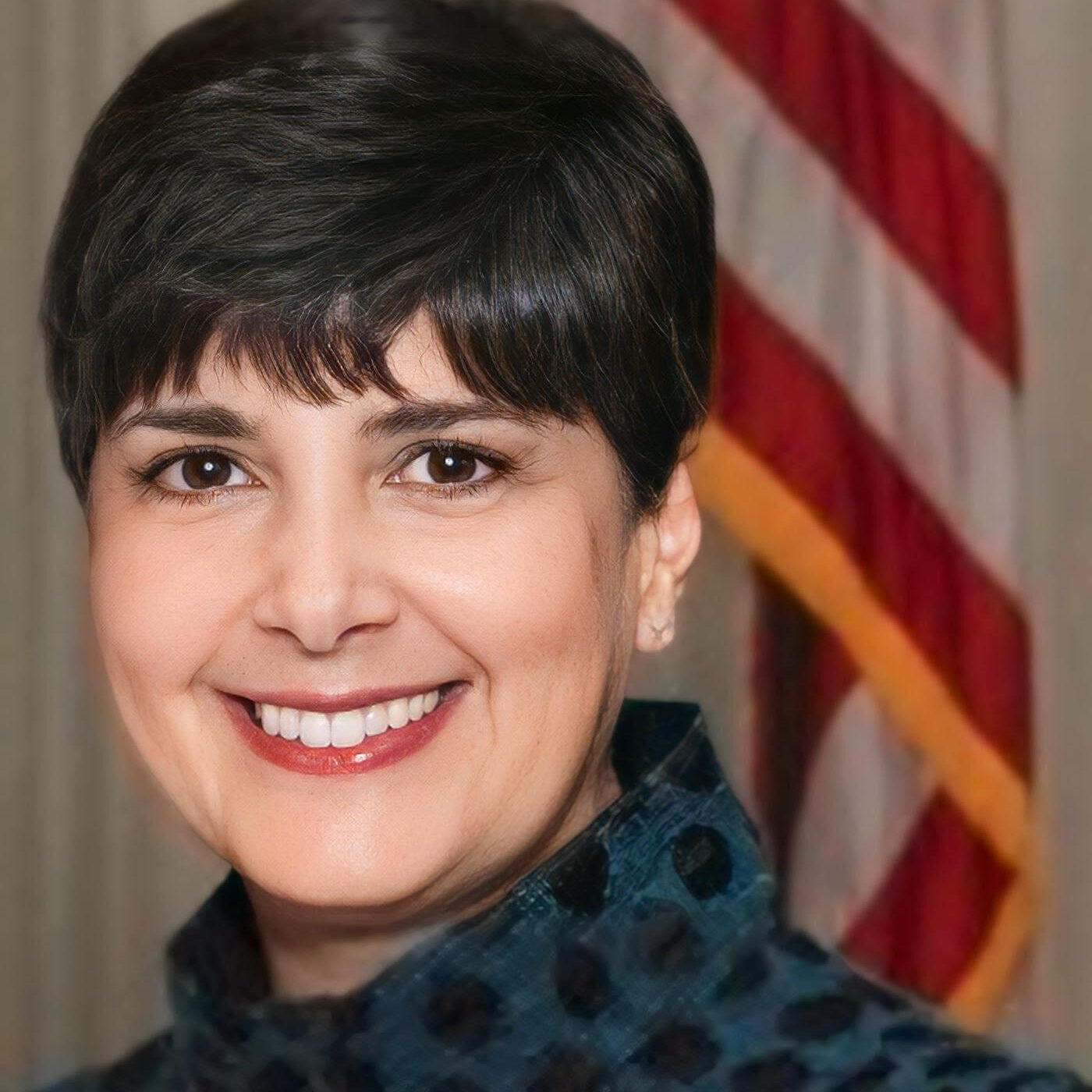
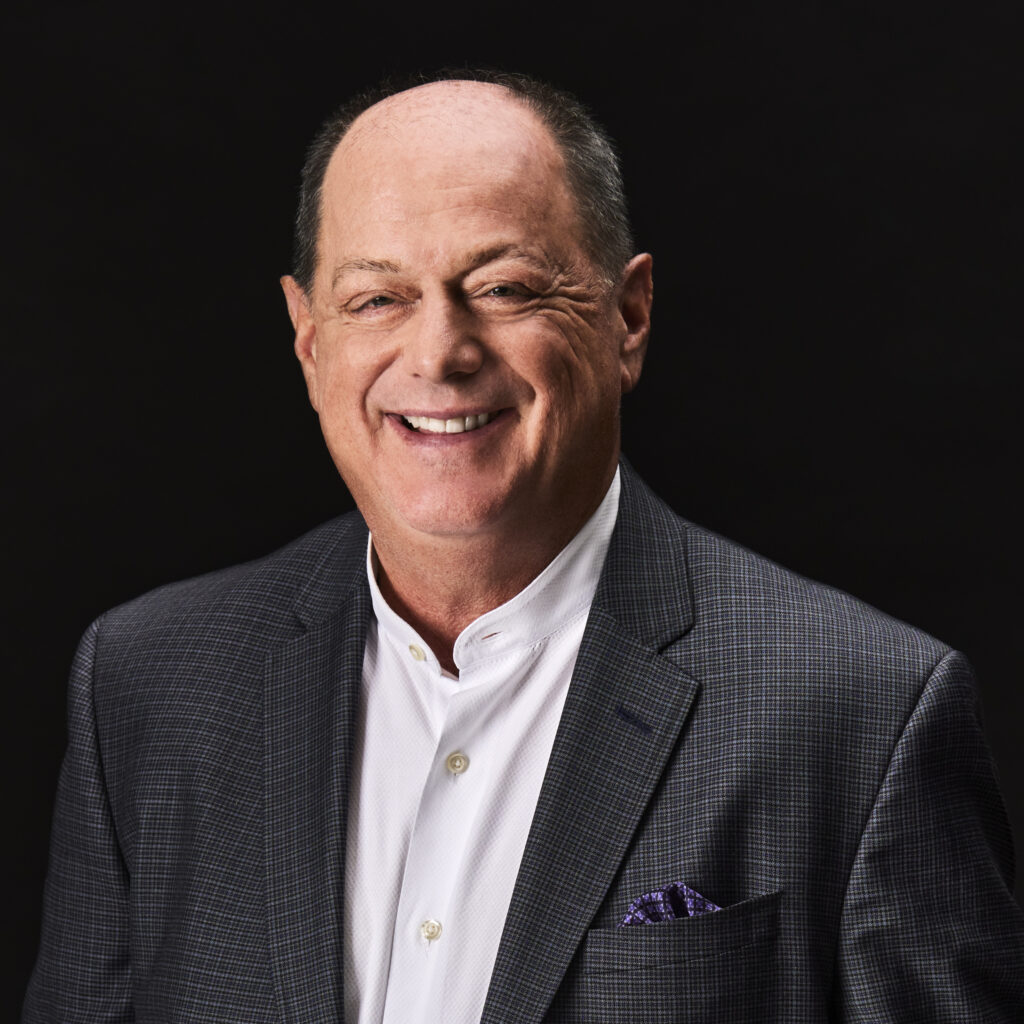
Marc J. Bernstein JD, ChFC®, CLU®, CAP®
Financial Planner and Consultant, Bestselling Author, and Creator of the Forward Focus Forums
Marc helps high performing entrepreneurs and business owners create a vision for the future, accomplish their business and personal goals, financial and otherwise, and assists them in following through on their intentions. Marc recently co-founded March, a forward-looking company with a unique approach to wealth management. He captured his philosophy in his #1 Amazon Bestseller, The Fiscal Therapy Solution 1.0. Marc is also the founder of the Forward Focus Forum, a suite of resources tailored specifically to educate and connect high performing entrepreneurs, and to help them realize their vision of true financial independence. The forum includes;
- the Founders’ Forward Focus Forum: a series of articles focused on entrepreneurship
- the Founders’ Forum Radio Show and Podcast: featuring interviews with some of the area’s top founders and their experiences in business
- the Manufacturers’ Forward Focus Forum: a specialized resource group for owners/founders of manufacturing companies, including a private Facebook group; a private discussion group for high performing leaders of manufacturing companies to share resources, news, network with each other, and collaborate



